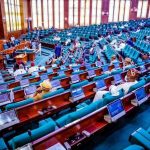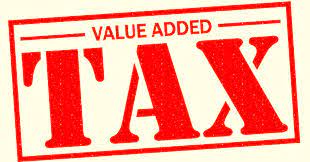The Chairman of Nigeria’s Presidential Committee on Fiscal Policy and Tax Reforms has criticized the prolonged failure of the country’s refineries despite over N10 trillion in spending, arguing they would be more productive if sold. However, he pointed to new tax reform bills as a more positive step toward boosting the economy and protecting the welfare of workers.
Speaking on the recent tax reform efforts, Dr. Taiwo Oyedele highlighted key provisions in the bills, which he said aim to increase workers’ disposable income and promote financial stability. A major highlight is the full exemption from Pay As You Earn (PAYE) tax for employees earning up to N1.3 million annually, or just over N100,000 monthly. This exemption would impact at least 35 percent of the workforce in both public and private sectors.
For those earning up to N20 million annually, the reforms propose a reduction in PAYE rates, covering an additional 60 percent of workers. Members of the armed forces are expected to receive complete PAYE exemptions as part of government efforts to support security personnel.
The bills also propose sweeping exemptions from Value Added Tax (VAT) on critical sectors. Items like food, healthcare, and education will no longer attract VAT, a move that targets around 60 percent of consumer spending. Exemptions also cover rent, transportation, compressed natural gas, baby products, sanitary towels, fuel, and renewable energy—altogether making up over 20 percent of household expenses. Oyedele noted that these exemptions will protect low-income earners from rising living costs, as the covered goods and services account for 82 percent of average household spending, and nearly all spending for the poor.
Further reforms introduce incentives for wage growth and employment. Tax breaks on transport subsidies and wage awards aim to ease the burden on low-income workers, while restrictions on salary increases have been lifted to allow easier adjustments. Taxable benefits-in-kind are now capped to ensure workers retain more of their income.
To promote housing affordability, the reforms exempt rent and property purchases from VAT and remove stamp duties on rental payments below N1 million. Employers who hire more workers will also enjoy tax incentives. Additionally, the reforms support international remote work opportunities for Nigerians by providing a friendly tax structure to attract global employers.
Oyedele urged the Nigeria Labour Congress and the Trade Union Congress to back the reforms, saying the changes align with the best interests of their members.
The tax reform bills passed the third reading in the House of Representatives in March 2025, following a detailed review. They are now awaiting Senate approval and final assent by President Bola Tinubu. Once signed into law, the reforms are expected to reshape Nigeria’s tax landscape, strengthen economic resilience, and foster a fairer and more supportive environment for workers and businesses alike.










